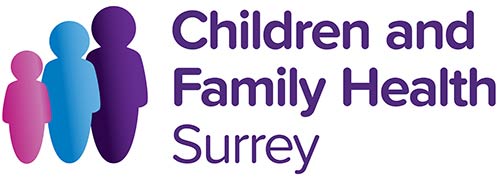Children learn the sounds of speech gradually.
Many young children’s speech in their first few years will be unclear and often difficult to understand.
It is important to remember that such difficulties are common to many young children and that in most cases they will improve by themselves.
A child may not produce all the sounds necessary for English until the age of six.
- Eye contact: when you talk to your child, make sure you get your child’s eye contact first. Face your child and bend down to their level.
- Help your child to listen: e.g. comment when you hear noises like the doorbell, dogs barking, birds singing. Try to have time without the TV or radio on so that your child can listen to other sounds.
- Praise: always praise your child when they have said a word clearly.
- Avoid directly correcting the speech of children with speech difficulties. Instead, make a point of speaking slowly and clearly and make sure your child is looking at you when you talk. Always repeat back wrongly pronounced words to your child so they hear the correct pronunciation.
- Let your child know when they are not understood: if you do not understand, let your child know. Encourage them to clarify, using one or more of the following strategies:
- Saying it again louder
- Repeating just the words that you did not understand
- Show what they are saying using gesture or pointing
- Asking someone else to interpret (friend or sibling)
- Ask a forced-choice question such as 'Are you talking about assembly or play time?' 'Is it something that happened today or yesterday?'
- Try playing with sounds frequently (about five minutes, at least three times a week). Use actions or faciaexpressionson to keep it fun. Try practicing in front of a mirror so your child can see how they are making the sounds. Show your child how you make the sounds so they can copy you. For example:
- m eating something yummy! ‘mmm’
- p bubbles popping 'p..p..p..p'
- b bouncy ball 'b..b..b'
- t tap dripping 't..t..t..t'
- d drum beating 'd..d..d'
- s snake hissing 'sssss'
- sh teddy sleeping 'shhh'
- f fireworks whizzing 'fffff'
- Make a sound book for a sound you have identified your child as having particular difficulty with. Support your child to find photographs/pictures of words beginning and ending with this sound (e.g. from the internet, catalogues, newspapers and magazines). Encourage your child to help you cut out and stick these pictures into their sound book. Alternatively they could draw or colour in pictures of things beginning and ending with the sound. You can label the pictures for your child to hear how the words sound but do not expect them to repeat the words.
- Encourage your child to practice clapping out the beats/syllables in different words. Begin with family members and everyday objects. They will find it easier to clap out shorter words to start with.

